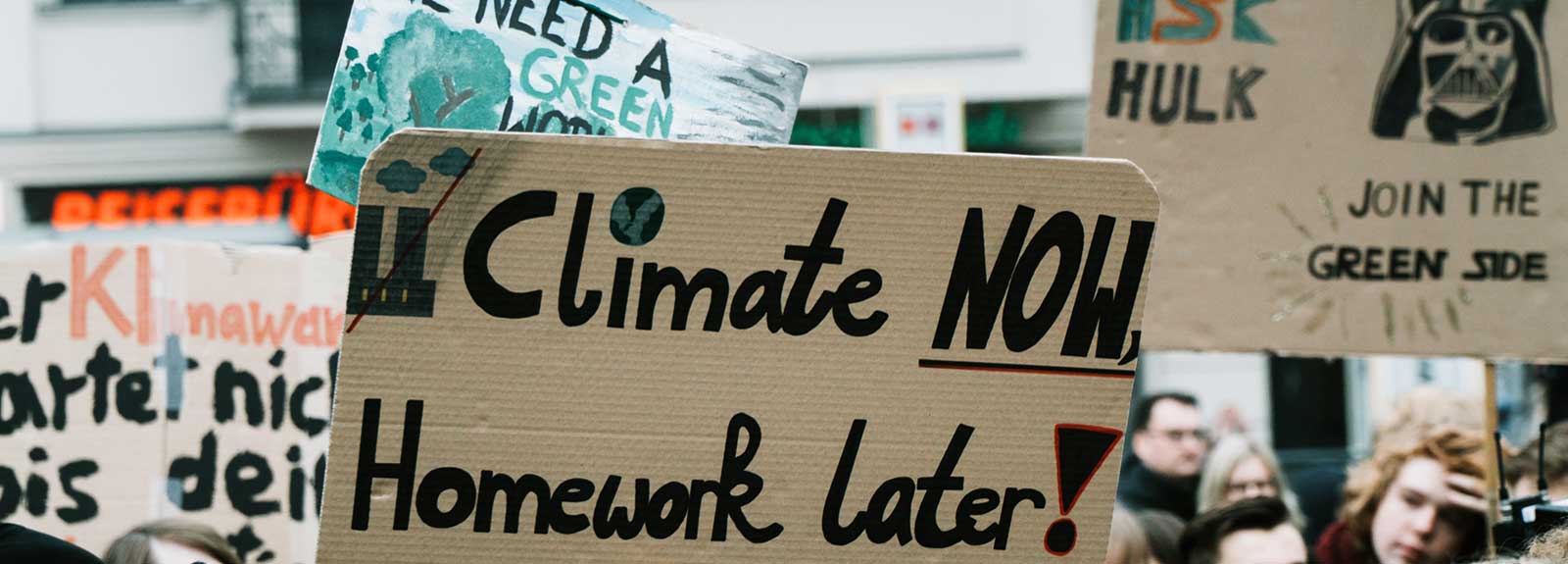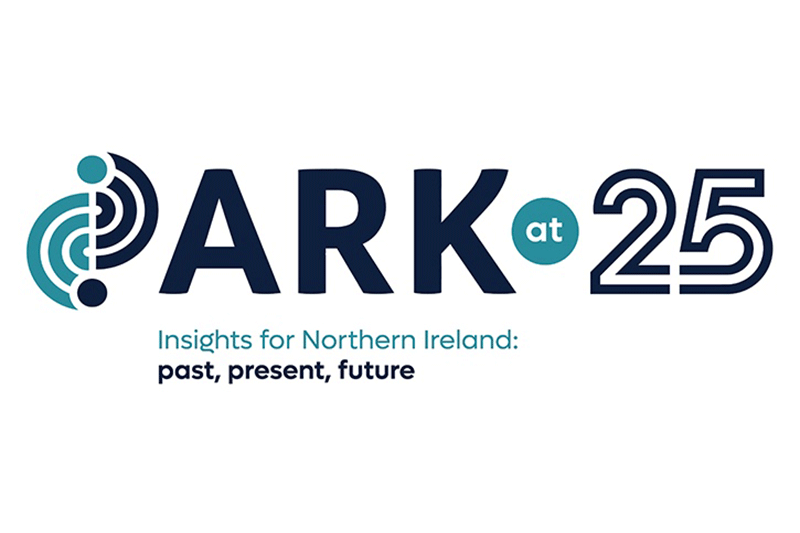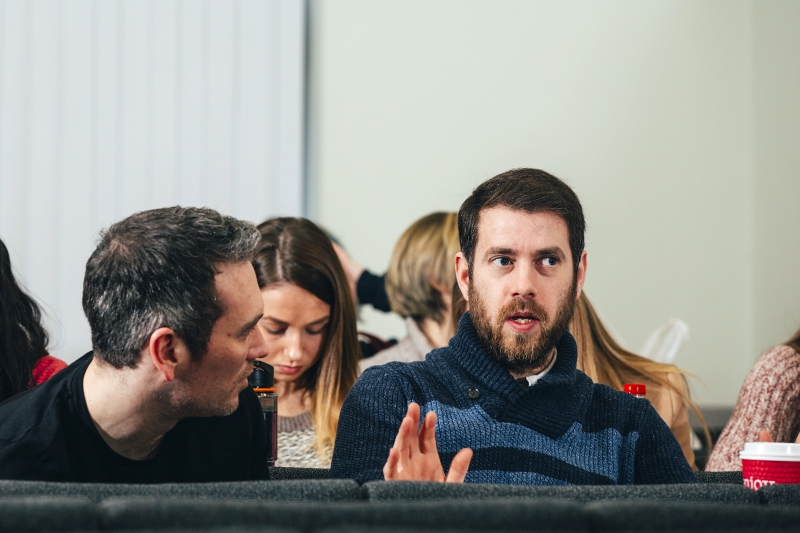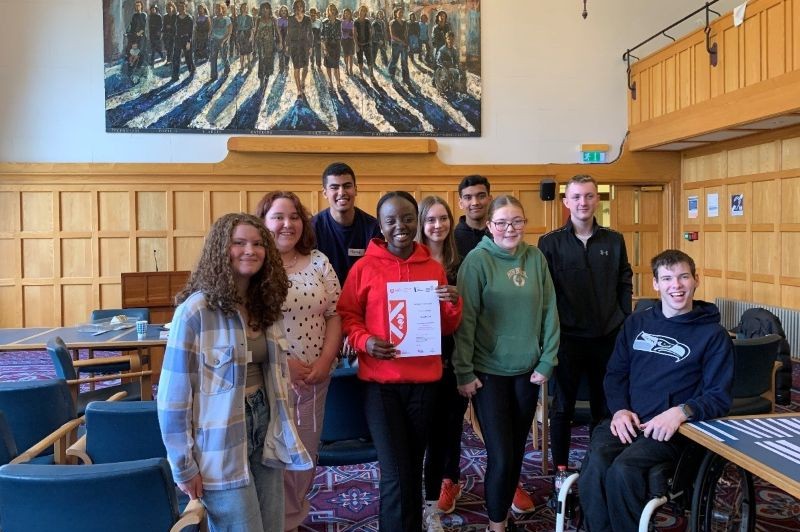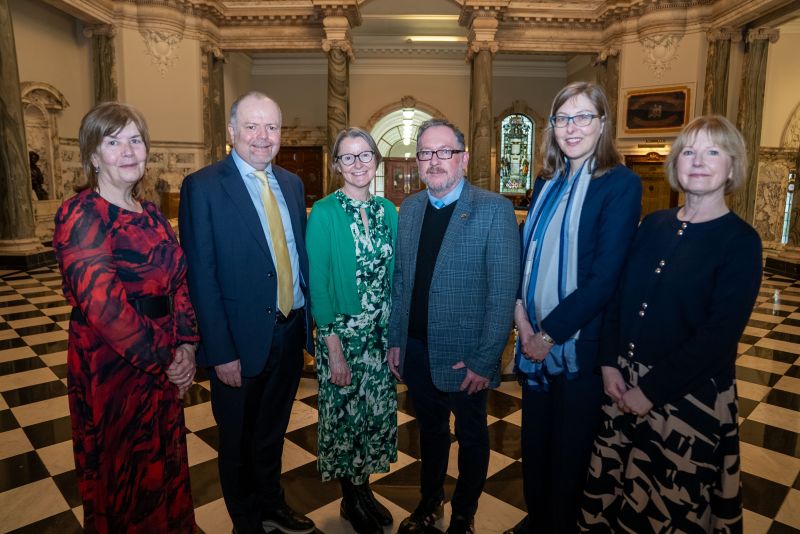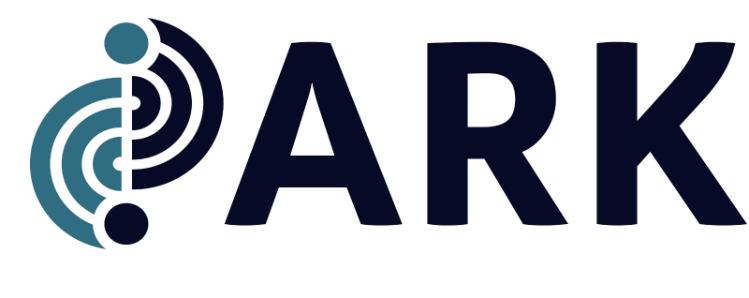Social Policy
Social Policy at Queen’s University Belfast – producing evidence to support democracy, equality and human rights
Social policy at Queen’s University Belfast is concerned with how global challenges shape local communities. Our staff work directly with international, national and local community organisations to make the world a better place. We call this engaged scholarship. Whether we are arguing for the human rights of children with disabilities, conducting surveys on the sexual health of young people, exploring ageism during the pandemic, or gender equality in UK, US and East Asia, we identify how global issues affect ordinary people in Belfast and around the world.
Social policy involves drawing on a range of disciplines such as politics, sociology and economics to tackle social problems.
The global nature of the pandemic has shown the relevance of social policy. A number of rapid response projects in relation to COVID-19 global pandemic, are being led by members of the social policy team, including ‘Women balancing work and care in the time of pandemic: a comparative study of the UK and South Korea,’ media representations of old age during the pandemic and disseminating findings from #CovidUnder19 global study #CovidUnder19: Life Under Coronavirus is an initiative to meaningfully involve children in responses to the COVID-19 pandemic.
Our graduates have gone on to work at Northern Ireland Statistics and Research Agency, the NHS and to further study at Queen’s and other leading universities. By focusing in on policy, not just theory, we train our graduates to work with communities to co-create evidence that supports democracy and human rights in Northern Ireland and further afield. We have won student-nominated teaching awards for our work.
Over 88% of research submitted by colleagues from Criminology, Social Policy, Sociology and Social Work to the Social Policy and Social Work Unit of Assessment (UoA) was judged to be World Leading or Internationally Excellent. An endorsement of the quality of our research and its impacts in areas such as the penal system, mental health and trauma; work once again achieved through work undertaken in partnership with the health, social care and criminal justice sectors. We are delighted that Social Work and Social Policy (including Sociology and Criminology) has been ranked at 12th in the UK (Times Higher Education Social Work and Social Policy UoA table).
IN THE WORLD
FOR SOCIAL POLICY AND ADMINISTRATION
IN THE UK
IN THE UK
What is Social Policy?
Professor Dirk Schubotz, Queen's University Belfast, answers the question 'What is Social Policy?'
How can you change Government Policy?
Professor Dirk Schubotz, Queen's University Belfast, answers the question 'How can you change Government Policy?'
Social Policy and Sociology Graduate
Meet Maria, a recent graduate of the BA (Joint Honours) in Social Policy & Sociology at Queen's University Belfast. Listen to what she has to say about the Social Policy side of the course, as well as her aspirations for the future and what advice she has for new students.
KEY THEMES
|
|
KEY RESEARCH PROJECTS
Academic Staff
| Name | Area of Expertise | Telephone | |
|---|---|---|---|
| Professor Bronagh Byrne |
Disability rights and policy; Children's rights and policy; Inclusive education; Rights based and participatory research methods. |
b.byrne@qub.ac.uk | email only |
| Dr Gemma Carney |
Social policy and ageing; Social gerontology; Gender; Cultural gerontology. |
g.carney@qub.ac.uk | +44 (0)28 9097 3749 |
| Dr Elizabeth Martin |
Ageing; Domestic violence; Qualitative research methods. |
e.a.martin@qub.ac.uk | +44 (0)28 9097 3180 |
| Professor Dirk Schubotz |
Children and young people; Sexual health and mental health; Sexual and gender identity; Participatory research methods; Biographical narrative research; Good relations and divided societies. |
d.schubotz@qub.ac.uk | +44 (0)28 9097 3947 |
| Dr Sirin Sung |
Comparative perspectives of gender and social policy; Gender; Work and Family; Qualitative research relating to the issue of gender. |
s.sung@qub.ac.uk | +44 (0)28 9097 3469 |
Research Staff |
|||
| Dr Paula Devine | ARK: social gerontology, men's health, public attitudes, quantitative methods, and the dissemination of social science information. | p.devine@qub.ac.uk | +44 (0)28 9097 3034 |
| Dr Jonny Hanson |
Environmental social science: social and community farming; the nature-society nexus in Northern Ireland; human-carnivore coexistence. |
j.hanson@qub.ac.uk | |
| Dr Martina McKnight | Children and young people, conflict, gender and research methods. | martina.mcknight@qub.ac.uk | +44 (0)28 9097 5970 |
Social Policy articles from our current Newsletter

